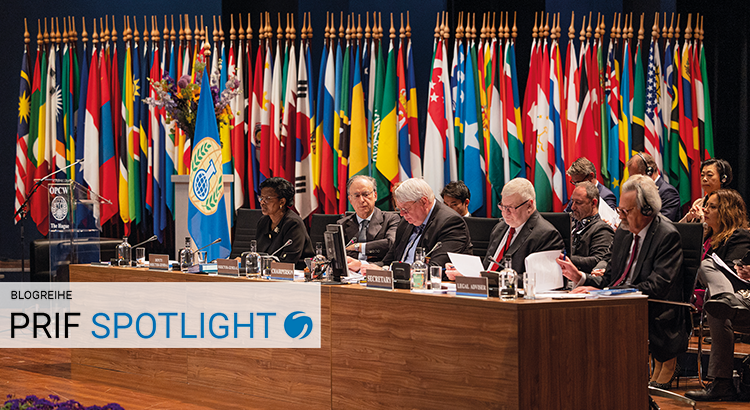The Pursuit of Consensus. The Fifth Chemical Weapons Convention Review Conference
In May 2023, 193 state parties to the Chemical Weapons Convention (CWC) convened for a five-day Fifth Review Conference in The Hague – a special session held once every five years that is crucial for advancing the Convention’s objectives. Despite the urgency of addressing substantive matters such as cases of chemical weapons use, for the second time in a row state parties failed to reach a consensus on the final document. Some argued that a longer conference duration might have altered this outcome. However, this Spotlight explains why, despite the high opportunity cost and regardless of the conference’s duration, a no-consensus outcome was inevitable due to current geopolitical tensions and an ongoing obstructionist policy targeting the CWC from within.
